BIR International Environmental Council President Olivier François recalled that free and fair trade has long been a core principle of BIR, noting that “the international environment is changing very rapidly.” François highlighted rising calls, especially within Europe’s recycled plastics industry, arguing that “recycled plastic produced in Europe should remain in Europe and be protected from cheap imports.”
François stated that the European Union’s decision to ban exports of recycled plastics on environmental grounds has created significant market imbalance. “Europe is the only region in the world that has built a strong market for recycled plastics. However, this situation is causing imported plastics to be directed solely to this market. This results in recycling facilities in Europe shutting down or going bankrupt,” he said, emphasizing that the policy has led to the loss of around 1 million tonnes of EU recycled plastic production capacity.
European Steel and Metals Action Plan on the Agenda
François then shared information on the European Steel and Metals Action Plan (SMAP), stating that it foresees restrictions on exports of recycled metals. “Such a measure could have serious consequences on a global scale,” he warned, noting that despite continued growth in recycling output, declining domestic industrial demand has made the EU one of the world’s most important exporters of recycled metals.
BIR Trade and Environmental Policy Officer Olatz Finez Maranon stated that the plan does not yet have legal force, but stressed the importance for recyclers to closely monitor upward policy trends in industrial and trade regulations. She added that future discussions may involve export quotas, tonnage limits, or pricing mechanisms, while low-carbon technologies and circular economy laws will also support recycled product markets.
“This is an opportunity for recyclers to be part of the policymaking process,” Maranon said, emphasizing that BIR will continue to defend open and fair trade and promote “success stories” in the recycling sector.
China’s recycled steel initiative on ISO agenda
François noted that China submitted a document on recycled steel classification to the International Organization for Standardization (ISO) over the summer. ISO is considering treating it as a technical report and potentially transforming it into an international standard in the future. BIR Trade and Environment Director Alev Somer pointed out that China’s proposal does not take into account the widely used EFR (European Recycling Federation) and ISRI/ReMA standards, and stated that the organization has sought technical input from members on the issue.
Basel Convention Changes Create Uncertainty
Somer also said that changes regarding hazardous waste movements under the United Nations Basel Convention have caused confusion in the sector. As of early 2025, all electronic waste—regardless of whether it is hazardous—falls under prior informed consent (PIC) procedures, she noted. This has led to customs seizures of metal mixes such as Zorba in Southeast Asia on the grounds of “mis-declaration.”
“This regulation affects not only e-waste trade, but also trade in non-ferrous metals,” Somer said, adding that classification is based on the waste’s source rather than its composition.
BIR is currently actively participating in the task force reviewing the Basel Convention’s technical guidelines and argues that the current regulation exceeds its intended scope.
Somer stated that as part of BIR’s data-driven advocacy efforts, the organization is working with UNITAR on the Global E-Waste Monitor 2027, cooperating with the International Copper, Lead, and Zinc Study Groups, and conducting research on global trade flows of recycled metals.
Global Plastics Treaty at a Standstill
Finally, BIR Trade and Environmental Policy Officer Bianca Mannini said that the United Nations Global Plastics Treaty negotiations failed to reach an agreement in August, though progress is expected in December. Mannini explained that the talks are divided between two blocs:
On one side, a “high-ambition” coalition seeking to address plastic pollution across the full lifecycle; on the other, oil-producing countries preferring to limit the treaty to voluntary commitments.
Mannini stated that BIR’s priorities in the negotiations focus on production, design, recycling, and circularity, and added that the organization co-chairs a working group under the Basel Convention aimed at improving plastics recycling.
“Many countries want to reduce plastic production, which conflicts with the goal of increasing the use of recycled plastics,” she said, stressing that overcoming technical challenges in recycling different polymer types requires active industry participation.



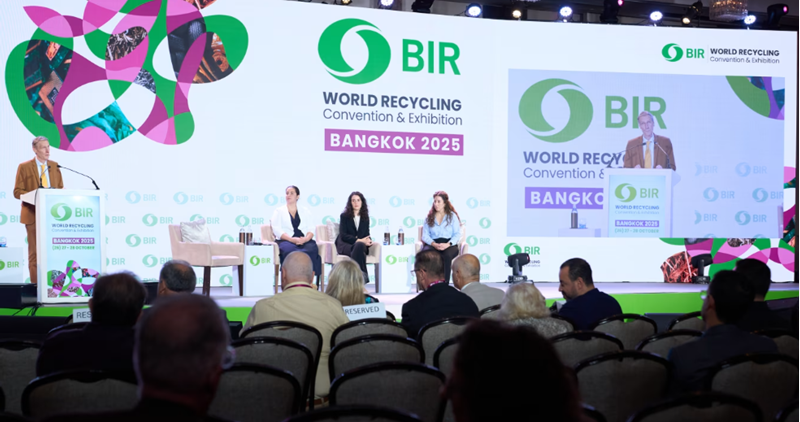

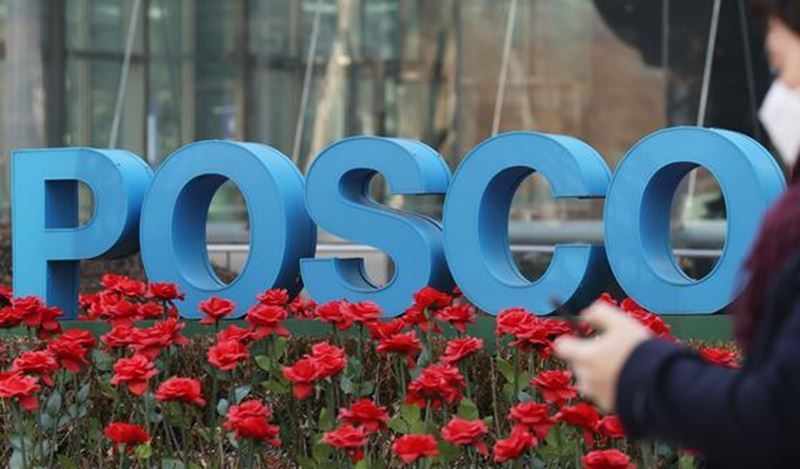
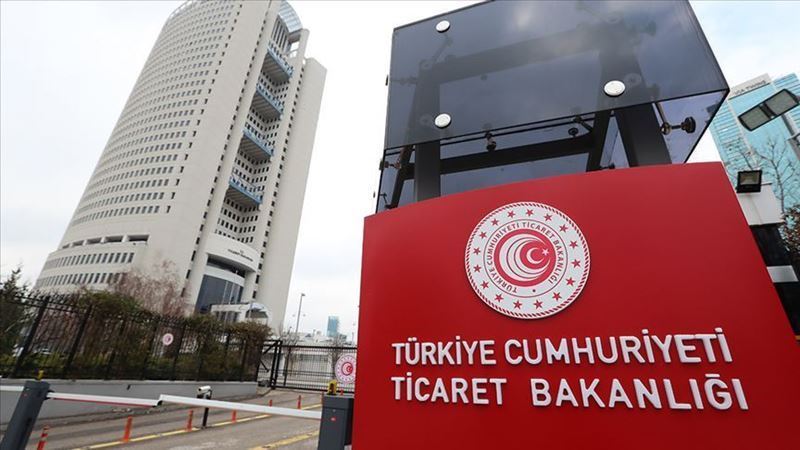
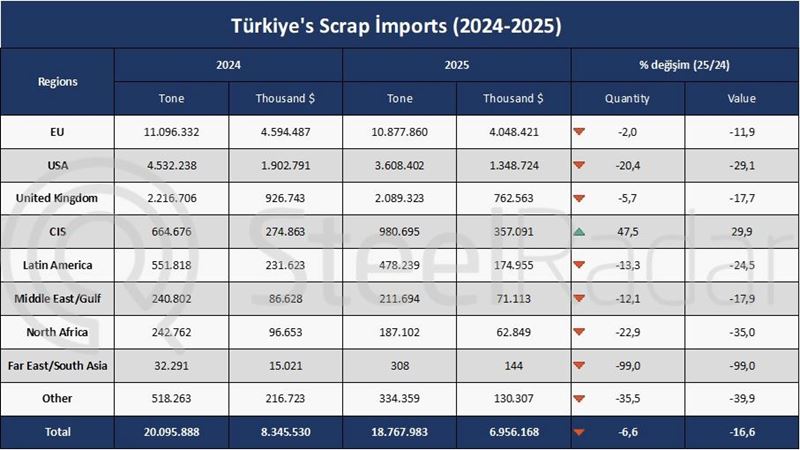
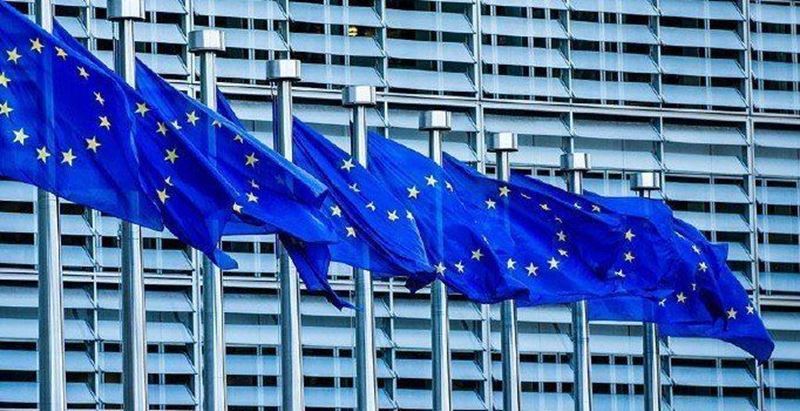


Comments
No comment yet.